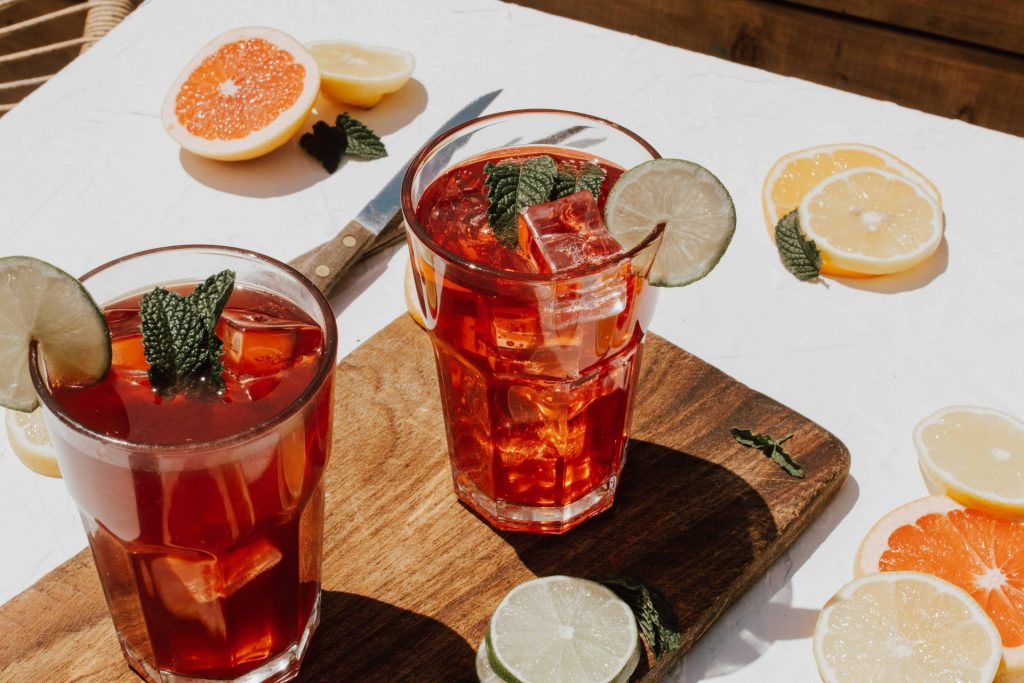This post is also available in Dutch.
Now that summer weather has arrived and corona rules are being eased, you may find yourself on an outdoor terrace on a regular basis. You feel like having something sweet and order a deliciously cold Diet Coke. It does not contain any calories and you cannot taste any difference: a win-win situation, you would think. But is it really that simple? It turns out that your brain is not so easy to deceive: It reacts differently to artificial sweeteners than it does to sugar, which may make you feel hungry again after eating or drinking a low-calorie product.
What happens when you eat or drink something?
First of all, it is good to know what happens in your brain when you eat or drink something that contains calories. When you eat something with sugar, a signal from your taste buds immediately goes to different areas of the brain. For example, a signal goes to the hypothalamus, an area in the brain that keeps track of how much energy and nutrients you need. The hypothalamus is therefore also important in helping you feel hungry or satisfied during and after eating.
The hypothalamus is also connected to the reward system. When you are hungry, it sends a signal to the reward system. This ensures that you enjoy your food more when you are hungry, thus you eat more. The more your hunger is satisfied, the weaker this signal becomes. You then enjoy the food less and less, which causes you to stop eating at a certain point. For this reason, the first bite always tastes best!
What about artificial sweeteners?
Artificial sweeteners bind to the same taste buds on your tongue as sugar. That is why they both taste sweet. Dutch researchers investigated what happens next in the brain. Participants were given sips of both sugary drinks as well as drinks containing artificial sweetener, while their brain activity was measured in an MRI scanner. Participants did not know when they were given which drink. After drinking a sugary drink, activity in the hypothalamus and the reward system decreased. This, however, was not the case after drinking the low-calorie soft drink. This finding implies that after drinking a low calorie drink you receive less of a reward and feel less satiated than after drinking a drink containing sugar. You may therefore be more likely to grab an extra handful of nuts after drinking a diet coke than after drinking a regular coke. Indeed there are indications that consumption of low-calorie products can therefore lead to greater calorie intake during a meal and (slight) weight gain in the long term, compared to consumption of sugary drinks.
What next?
Your brain isn’t deceived: it can detect the number of calories regardless of the taste without you even realising it. Thus, it is harder to satisfy your hunger with low-calorie products. That is why it is not so bad to choose the occasional sugary drink. But here too, the rule applies: Enjoy in moderation 😉
Credits
Author: Judith Scholing
Buddy: Marlijn ter Bekke
Editor: Felix Klaassen
Translator: Ellen Lommerse
Editor translation: Rebecca Calcott
Image: Katherine Sousa via Unsplash
